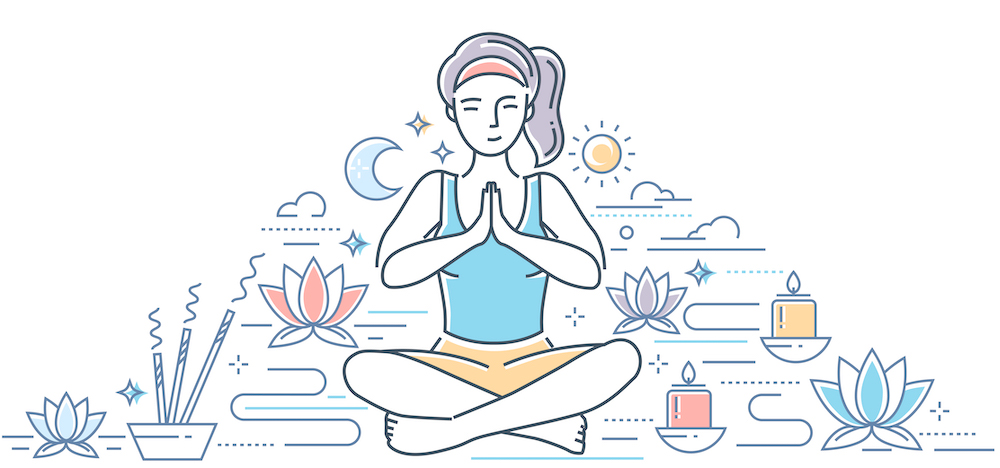
Let’s take a breath
The average person does it 20 times in a minute and up to 30,000 times in a day… It happens while you’re asleep, but stops when you go underwater?
What is it?… Breathing of course!
Breathing is something that most people don’t usually think about or are aware of, but have you ever realised how much breathing can affect your day to day wellbeing?
Do you breathe properly?
Research has shown that a large chunk of the Western population does not breathe properly! Incorrect breathing can include breathing through your mouth, shallow, or loud breathing.
Take a moment to listen to your breathing… is it long or short? Loud or quiet, heavy or light?
Let’s get mindful
Breathing is central to achieving mindfulness and a state of relaxation and calmness.
- The way you breathe reflects your moods and emotions
- It’s a reflection of your physical fitness
- Mindfulness programs and yoga are effective ways to train yourself to breathe properly whilst awake
- Breathing incorrectly can be linked to a range of diseases such as asthma, cardiovascular disease, and depression
What happens when we fall asleep?
Many of us may breathe properly throughout the day, however, as soon as we fall asleep we can lose control over how we breathe.
Snoring is a clear indicator that you are not breathing properly whilst asleep, this is likely due to:
- Problems in the nasal airways that could be obstructing breath causing you to breathe through your mouth
- Allergies can play a large role in nasal blockages
- A deviated septum or narrow airway
- Nighttime congestion
Breathing is vital during sleep to deliver oxygen to rejuvenate your body and brain. Not breathing well during sleep can cause you to miss out on a restful, re-energising sleep… and possibly affect the sleep of the people around you too…

Ways to improve night-time breathing include:
- Practicing breathing techniques during the day
- Avoiding food or alcohol a few hours before bed
- Investing in a correct pillow
So, next time you wake up feeling run down think about how your breathing may be affecting your overall wellbeing… it’s never too late to start practicing techniques to help you to focus on your breathing and see what difference it can make to your day and night! If you’re looking for a few mindfulness trips when meditation doesn’t work check out this blog!
If you’re needing a little support and feel talking to someone could improve your wellbeing you can reach out to UNE Student Counselling and Psychological Services (CAPS). They are fully qualified and registered psychologists, offering on-campus appointments and phone/video chat sessions for online students. The service is confidential and free for UNE students.
You can contact them Monday- Friday, 9am-4pm, on (02) 6773 2897.
If your mental health is causing problems for your study, Advocacy & Welfare can help you request assignment extensions, special extensions of time, or apply for a remission of fees.
Contact us at advocacy@une.edu.au or (02) 6773 3116.
You’re never alone at UNE.


